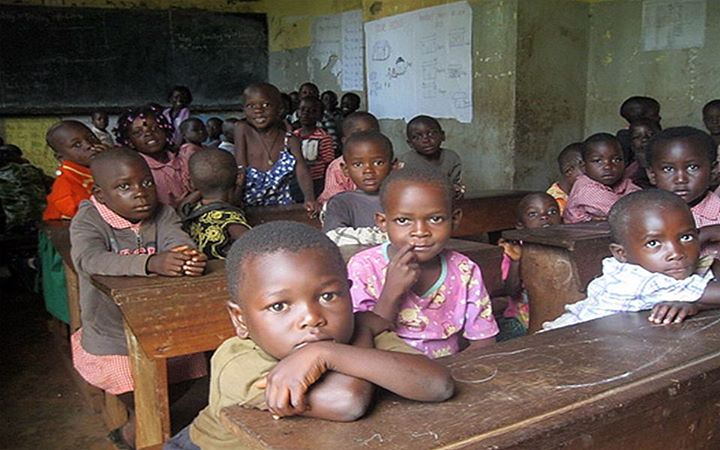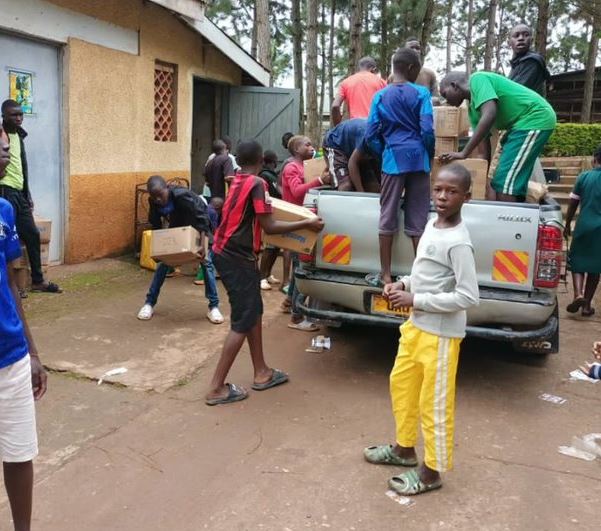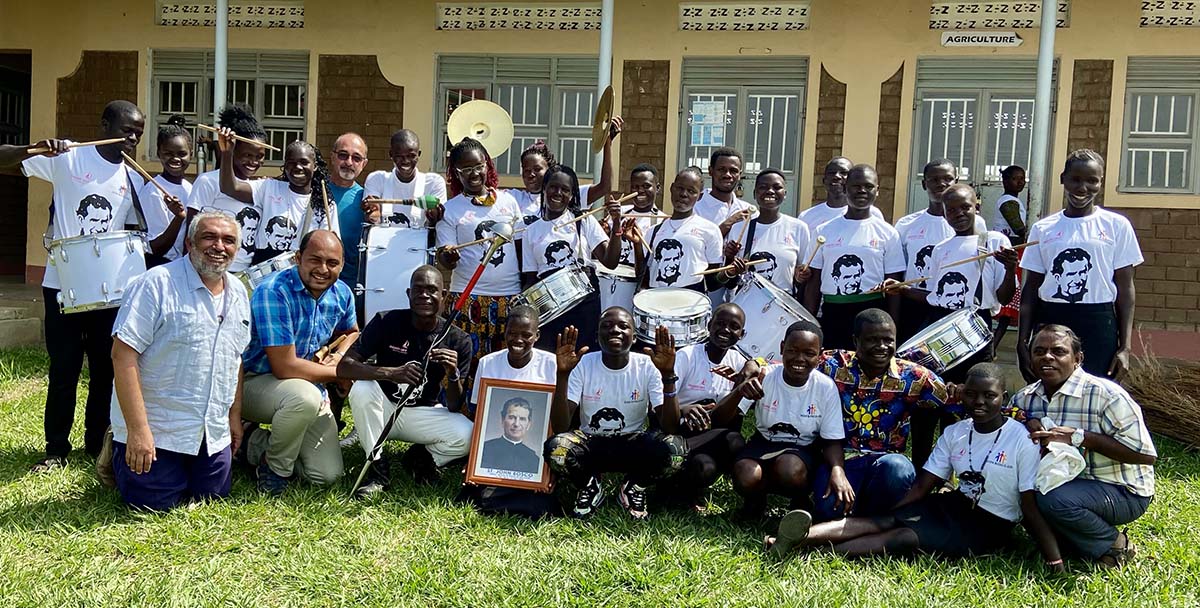UGANDA: Don Bosco Elementary School Planning Additional Kindergarten Class to Meet Growing Need

(MissionNewswire) In Uganda, less than 25 percent of elementary school graduates enroll in secondary school, according to UNICEF. At the Don Bosco Elementary School, Namaliga in the town of Bombo in Central Uganda, Salesian missionaries are encouraging young students to further their education, believing that early learning is critical to a student’s academic and individual success and their ability to contribute to their communities in the future.
Currently, the two existing kindergarten classes at the elementary school are filled beyond capacity. The crowded classrooms make it challenging for students to learn and difficult for teachers to provide the individual attention students need most. In addition, the limited space reduces the number of new students the school can accept. To address this need, the Don Bosco Elementary School is currently seeking funding to build and furnish another kindergarten classroom.
“Students learn better when they are in a comfortable structured environment with low student to teacher ratios,” says Father Mark Hyde, executive director of Salesian Missions, the U.S. development arm of the Salesians of Don Bosco. “The addition of a new kindergarten classroom will allow for improved learning environments in the existing classrooms and the ability to enroll new students.”
Don Bosco Elementary School is among the more than 3,200 Salesian schools around the globe that demonstrate the power of education as an effective means of breaking the cycle of poverty while giving the most vulnerable youth a sense of personal dignity and self-worth. Salesian-run vocational, technical, professional and agricultural schools provide practical skill training helping youth to become productive, contributing adults in their communities.
In Uganda, Salesian schools not only provide a space for learning, they also help meet the basic needs of their students. Elementary and secondary schools offer a feeding program where meals are provided to students during the school day and serve as an incentive for families to send their children to school. Access to nutritious meals makes students better prepared to take part in school activities and focus on their education.
“We have seen the devastating results of conflict on individual lives, families and countries but we are also seeing how people, especially poor youth in Uganda, are making enormous efforts to overcome the challenges that they’ve faced to build better lives for themselves,” says Father Mark Hyde, “Access to education is critical for youth to learn and develop the skills for employment and success later in life.”
Close to 67 percent of Ugandans are either poor or highly vulnerable to poverty, according to UNICEF. While the country has seen some economic growth as well as improvement in its Human Development Index ranking over the last 20 years, the country still ranks near the bottom at 161 out of 186 countries. After decades of war left many displaced, the people of Uganda face many significant challenges as they work to rebuild their country.
Approximately 86 percent of Uganda’s 34 million inhabitants make their living farming but nearly 40 percent of Ugandans lack access to clean water for work and household use. Uganda’s literacy rate has improved with 73 percent of the population literate but only 23 percent of Ugandans go on to acquire a secondary education. According to UNICEF, one of the biggest challenges in the country is combating the serious increase of HIV/AIDS that has left millions of children orphaned.
Sources
UNCIEF – Uganda




